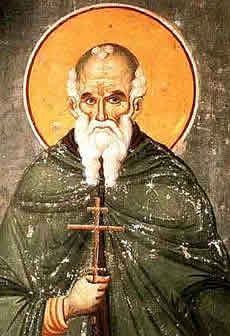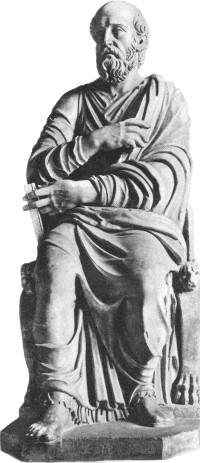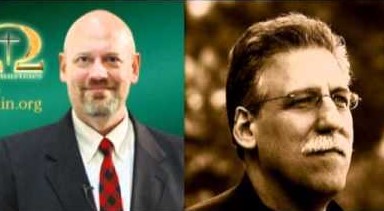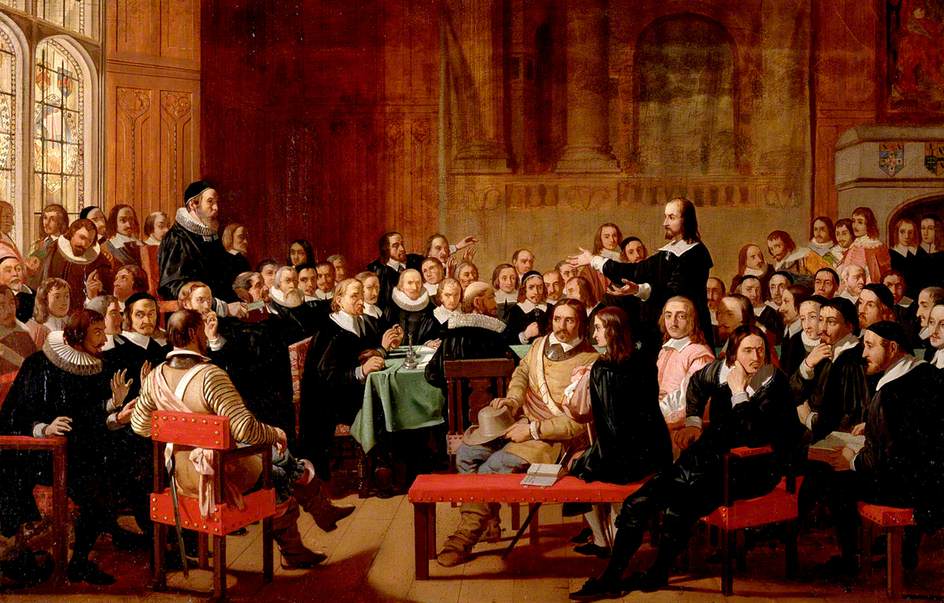You’re another!
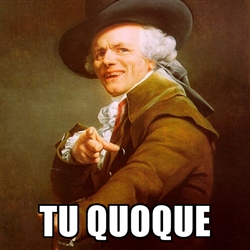 “You’re another” – that’s what tu quoque means – it’s the name of an informal fallacy, often called a fallacy of relevance. For example, if I argue that your theory is self-contradictory, suppose you retort that my theory is too. Well, so…? It’s irrelevant to the point that the first theory mentioned is self-contradictory (so, self-refuting).
“You’re another” – that’s what tu quoque means – it’s the name of an informal fallacy, often called a fallacy of relevance. For example, if I argue that your theory is self-contradictory, suppose you retort that my theory is too. Well, so…? It’s irrelevant to the point that the first theory mentioned is self-contradictory (so, self-refuting).
Cornell grad student Chad McIntosh argues that if the social trinitarian God – or rather: the three divine persons posited by clear “social” Trinity theories – would be deceivers, then so would the perfect self in whom I believe, being a unitarian Christian. So granting that an ST is implausible, for similar reasons unitarian Christian theology is implausible (because it has a perfect being doing what appears a wrongful deception).
Is this a defense of ST?
I’ve already argued in that paper than a Swinburne-type ST implies what looks like wrongful deception by at least one of the three divine persons. This hasn’t been disputed.
I don’t grant that if God is a single self, then Read More »You’re another!

